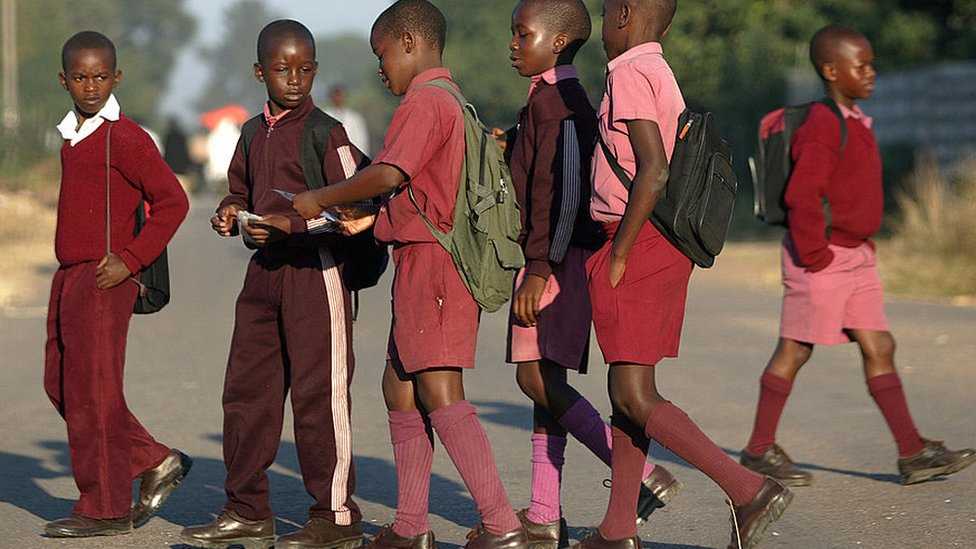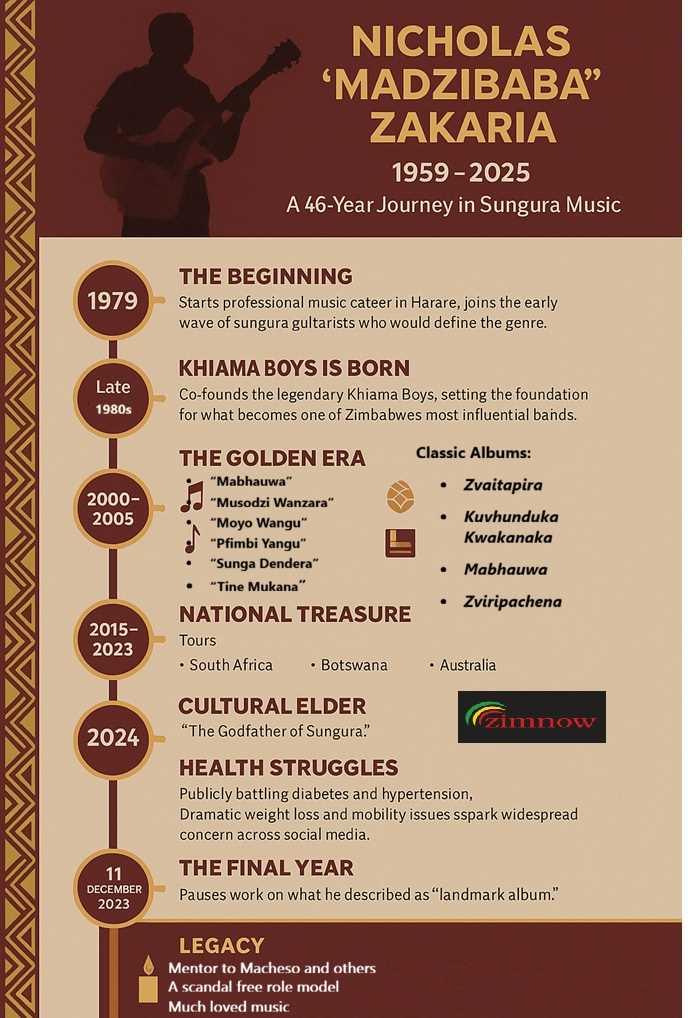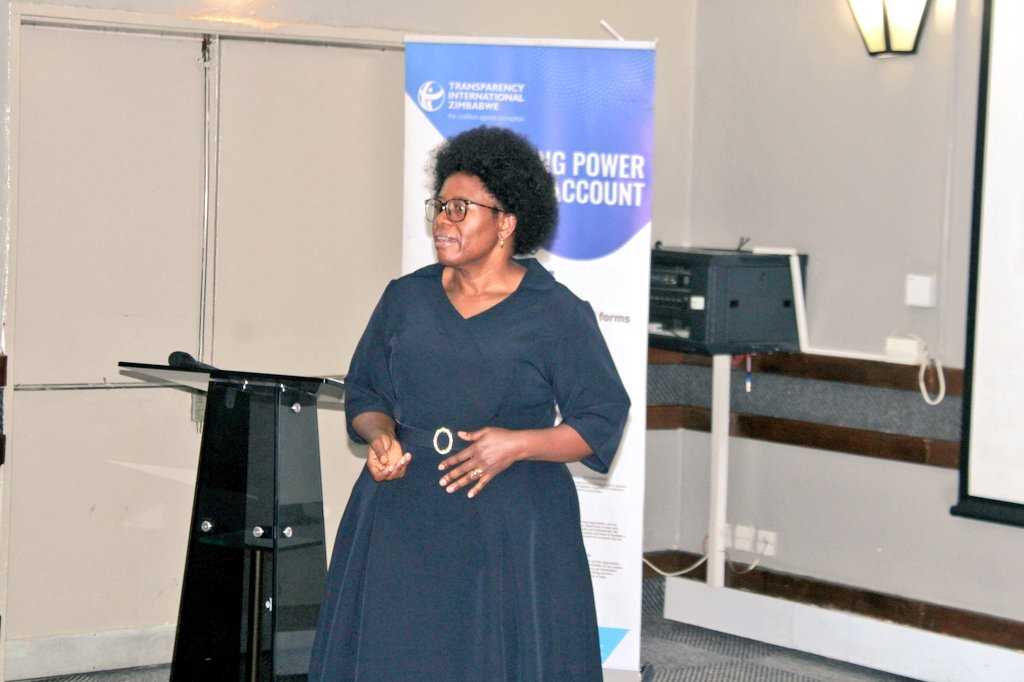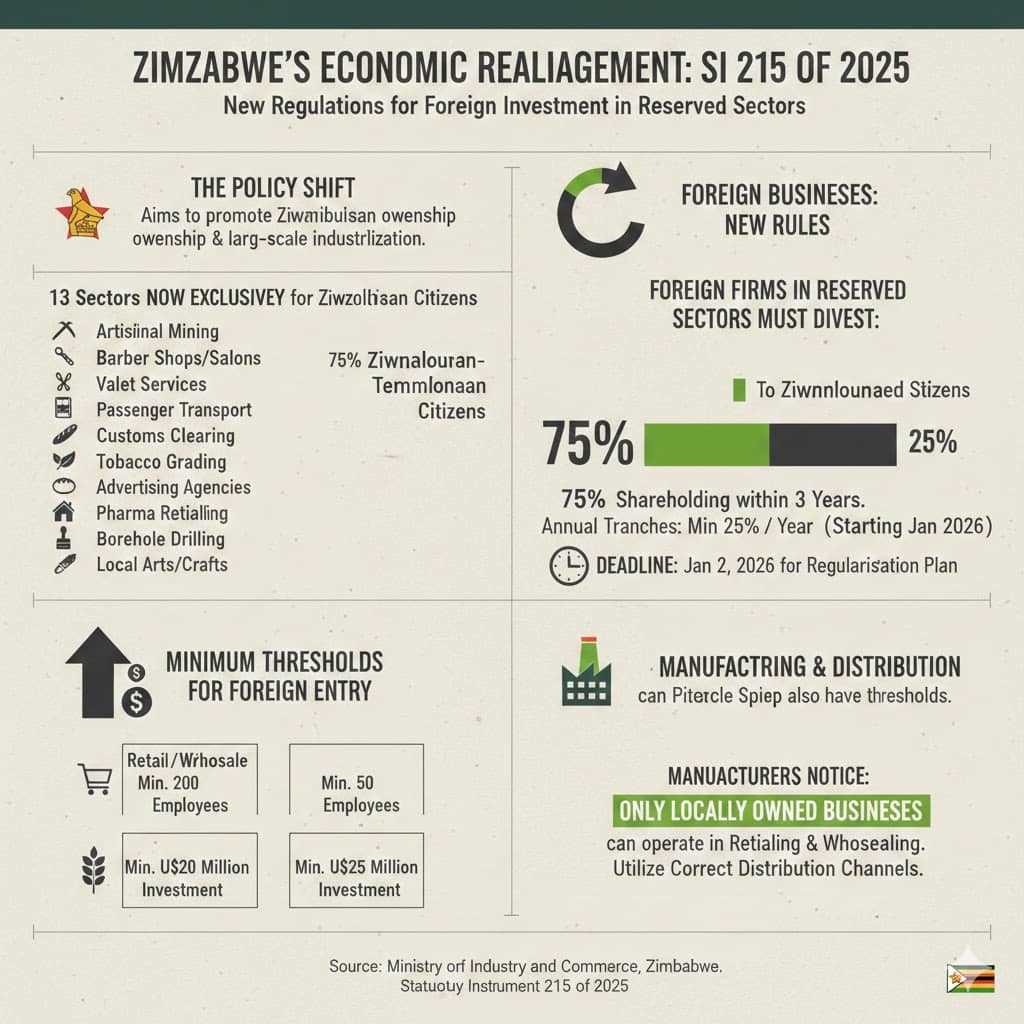
Audrey Galawu
As the world celebrates World Teachers Day, Zimbabwe Women Against Corruption Trust says there is need to break barriers like corruption in the education system which undermines access to quality education for all learners.
ZWAC said one such matter is the issue of extra lessons, which needs to be urgently addressed as it fuels discrimination among learners.
“Parents are left at the mercy of teachers who put more effort to those who pay while depriving same opportunity to the poor.
“Parents are left with little or no option but to silently pay for the benefit of their children. The parents express lack of trust in the system as they believe the issue cannot be addressed at a school level but nationally since it is happening countrywide in most government schools.
“Corruption in the education system hits hard on poor learners especially those who are on Basic Education Assistance Module because they can’t afford extra payments because they are already less privileged.
“The challenges in the education sector have resulted in the mushrooming of private schools some of them which are substandard with some of the schools employing unqualified teachers. As a result, the quality of education in the country will be compromised,” ZWACT said.
Related Stories
ZWACT added that there’s need to strengthen monitoring systems in the education system to reduce corruption risks and reduce discrimination among learners.
“The right to education is very essential because other human rights are premised on it. Education enables citizens to know and understand the other rights, demand transparency and accountability from duty bearers and monitor accessibility of public services. Education has the power to transform lives and break the cycle of poverty.
“We welcome the teaching of information and technology in schools as it resonates with the achievement of sustainable development goals, however, the cost of data is not affordable for most parents. There’s need to invest in information and technology gadgets in public schools and make data affordable so that all learners can have equal opportunity to use the internet for educational purposes. Prioritising education promotes gender equality and enhances economic development,” the organisation further said.
Poverty and disabilities have been main causes for children in primary school to drop-out with parents lacking resources for school fees leading to absenteeism.
According to a Unicef Education fact sheet 2021, around 89 percent of children complete primary education, however, completion rates decline steeply at higher level of education, with only 15 per cent of all children completing upper secondary education.
Boys are less likely to complete primary school, but girls are less likely to complete an education level as they progress through the education system.
The fact sheet further highlights that between urban and rural areas, more than two thirds of the children who do not complete an education level reside in rural areas, and the gap narrows at higher levels of the education.




















Leave Comments